It was recently announced that Memphis Police Director Toney Armstrong and nearly half of his command staff are leaving the department. While there’s no question the departure of so many seasoned officers will be a huge loss, it also gives newly inaugurated Mayor Jim Strickland an opportunity to remake the department to better serve the community.
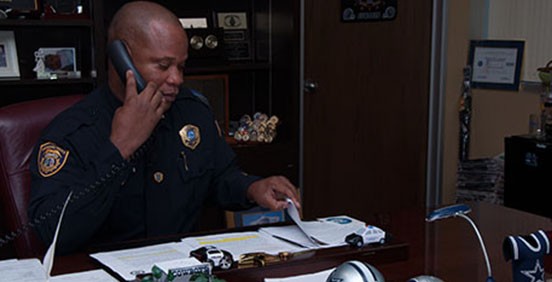 Memphis Police Department
Memphis Police Department
Departing MPD Director Toney Armstrong
The department faces many external challenges and suffers from internal problems that have been long ignored. These challenges are unlikely to be adequately addressed by an insider.
One of the flaws that was exposed in the investigation into the officer involved in the shooting death of Darrius Stewart is the lack of consistent policy positions for officers in what would often be standard situations.
Currently, rules are written vaguely, giving officers the latitude to make judgment calls. Unfortunately, that latitude can also be used to treat different people in similar situations very differently. This ultimately undermines the relationship between law enforcement and populations that have been wrongly targeted due to circumstances that are beyond their control (race, the condition of their vehicles/residences, and the areas in which they live).
Rules that detail when passengers involved in traffic stops are to identify themselves need to be put in writing. This will ensure people’s privacy rights are respected, and officers don’t accidentally create a situation where an arrest is thrown out due to mishandling.
Clear rules about when to call for backup need to be in place.
Finally, rules about when force, either restraining force or deadly force, is to be used need to be in line with a 1985 U.S. Supreme Court ruling which involved an unarmed, fleeing suspect and the Memphis Police Department.
That ruling states deadly force cannot be used unless the officer has “probable cause to believe that the suspect poses a significant threat of death or serious physical injury to the officer or others.”
The new police administration should actively engage the Citizen Law Enforcement Review Board (CLERB) on any new policy adopted and treat their relationship as a partnership to both inform the public of new policy and provide oversight when policy violations are reported.
For too long, relations between law enforcement and the public have been strained due to real and/or perceived wrongs committed by officers. Partnering with the CLERB will give the public the assurance that conduct issues will be dealt with in a timely manner.
Changing the way the department polices the city is another issue to address. Instituting a community policing program would help heal fractures and most likely lead to a real decrease in crime.
Officers in Memphis have little direct contact with the populations they’re serving unless they’re on a call. That means officers only see the people they’re serving when they’re at their worst or in a bad situation. This negatively impacts their outlook on the community and leads to more alienation.
While walking patrols may not be feasible in every neighborhood, focusing on developing relationships in the community will minimize the alienation that is common in traditional patrols. It also builds relationships between the public and police that are durable, even when things go wrong.
Those relationships also provide a “boots on the ground” intelligence to identify other societal ills that may be occurring in communities (domestic violence, child abuse or neglect, unfit housing, wage theft, and other problems people who feel forgotten may not report, because they don’t believe anything will be done about it).
These things are important for a city like Memphis that has a high rate of working poor. While the loss of decades of institutional memory may seem like a severe problem for the city, problems are really just opportunities ripe for the taking.
Positive changes are unlikely to come from within. Institutions have their own inertia and generally follow Newtonian laws of motion, meaning they will most certainly maintain their current velocity and direction unless acted upon by an external force, and even then, they’ll still resist any push to change.
The opportunity for Memphis and law enforcement in the new administration is to identify the right kind of “external force” that will move the department in the right direction and make Memphis not only safer for its citizens but also a city that places a high degree of value in a cooperative relationship between the police and the community.



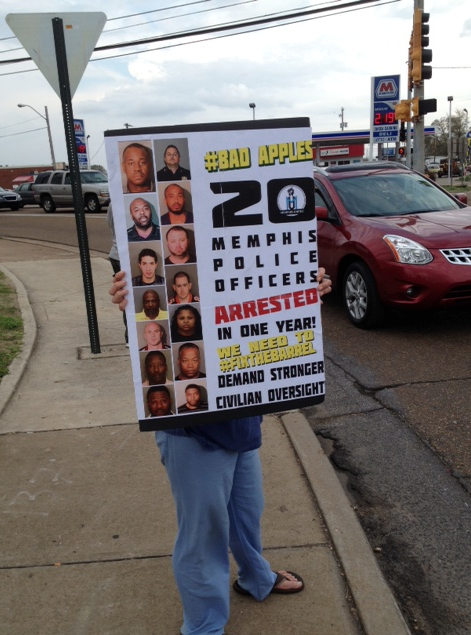 Louis Goggans
Louis Goggans 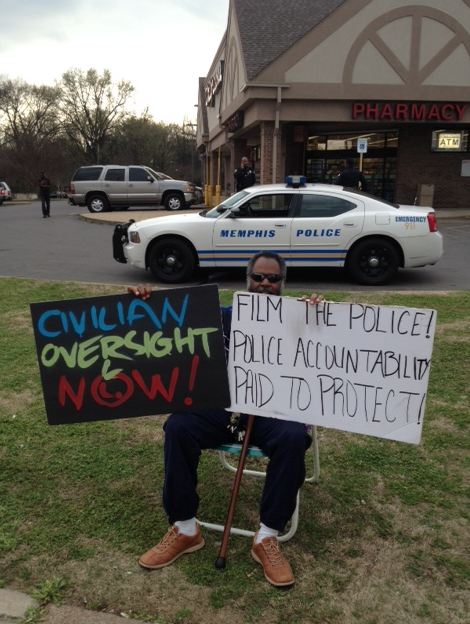 LG
LG 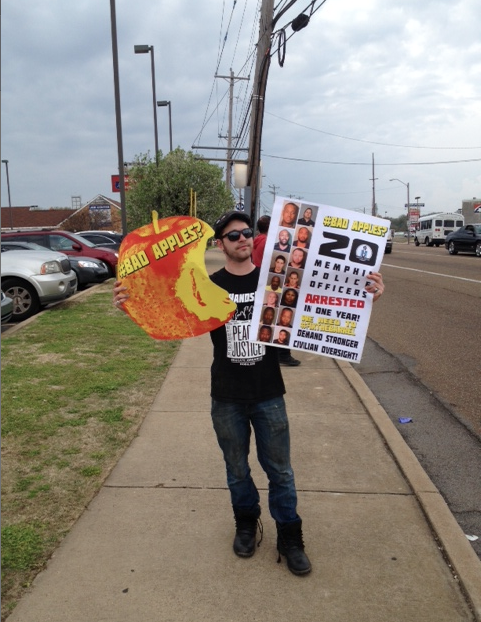 LG
LG 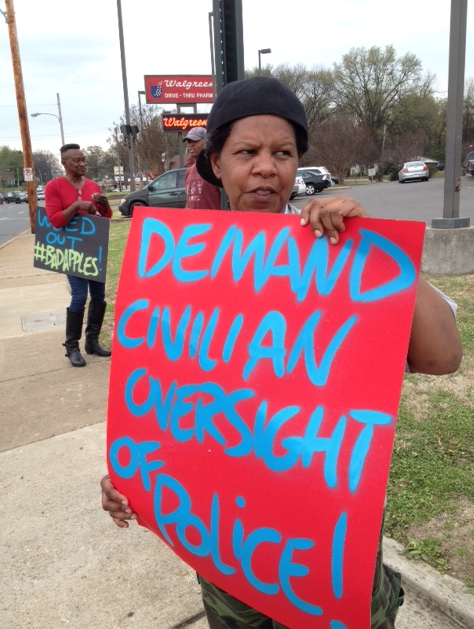
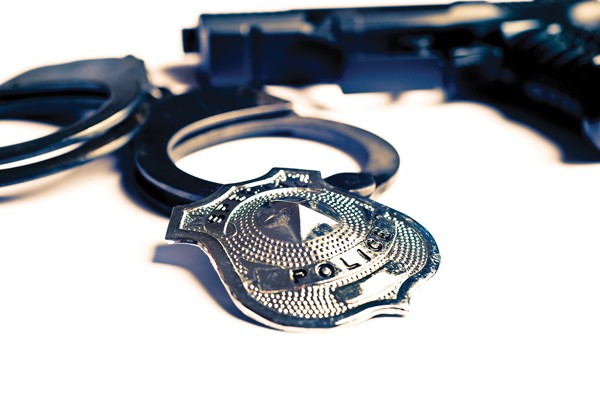 Saniphoto | Dreamstime.com
Saniphoto | Dreamstime.com